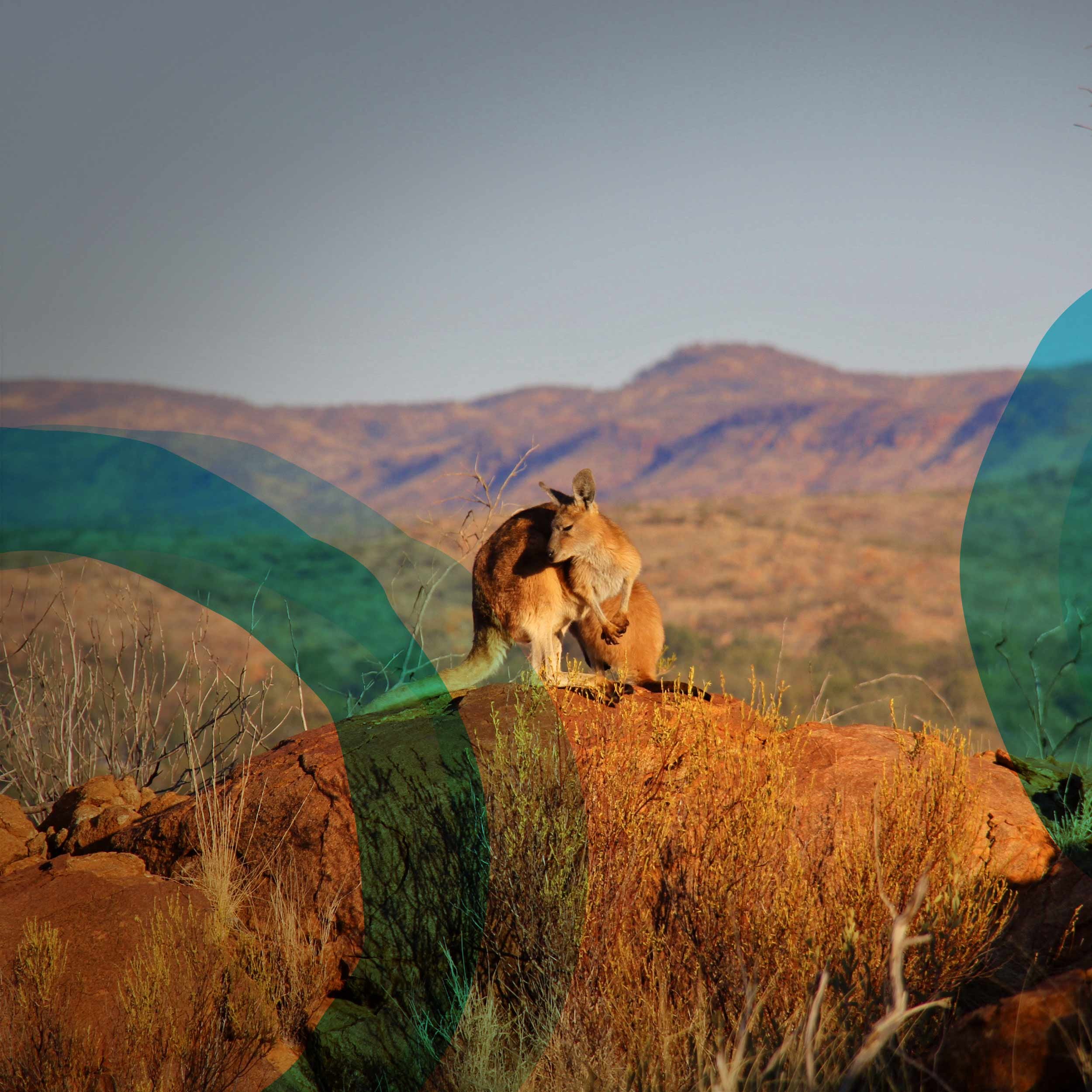
VIDEOS
The Jawun Story
Jawun increases the capacity of Indigenous leaders, organisations and communities to achieve their own development goals. This in turn leads to lasting, material and measurable improvements in the lives of Indigenous people in those communities.
Voice-over by Deborah Mailman. Video by SOTA Creative.
The Meaning of Jawun
Indigenous Enterprise Partnerships (IEP) was renamed ‘Jawun’ on its 10th anniversary in August 2010. Jawun means ‘friend’ or ‘family’, an honour given to us by the Kuku Yalanji from Mossman Gorge in Cape York.
Mr Harrigan (2010), Elder and Keeper of the Kuku Yalanji language. Video by SOTA Creative. Jawun acknowledges Mr Harrigan who passed away in 2016 and thanks his family for allowing us to share his beautiful stories.
Noel Pearson, Patron
Patron Noel Pearson, discusses the significance of the Jawun model across Australia.
10 Years of IEP/Jawun (2010)
Ten years of IEP, the first ten years of the Jawun story.
Noel Pearson describes the start and growth of Jawun (2012)
Jawun Patron Noel Pearson talks about the earliest days of Jawun, starting in Cape York, and its growth over 12 years of operation.
Jawun Patron Noel Pearson talks about the organisation at a Jawun event in Canberra, 2012.
15 Years of Jawun (2015)
Fifteen years of Jawun, fifteen years of the Jawun story.
‘A New Dawn’
A celebration of Indigenous leaders and their aspirations, with practical change and empowerment happening on the ground across Jawun regions.
This film was made possible through the generous support of the Aranday Foundation, Downer, IAG, Ilana Atlas, Macquarie, NAB, Qantas, QBE, Telstra and Westpac.
A new dawn of Indigenous leadership and empowerment. Video: Precinct, Music: Adam Briggs
The Jawun Secondee Experience
This video follows Jawun secondees living and working in Indigenous communities around Australia, and hears from them as they describe their experience.
Shane Phillips on ‘Clean Slate’ program, Redfern
The ‘Clean Slate Without Prejudice’ program is aimed at Indigenous youth at risk of breaking the law. It was initiated by the Superintendent of the Redfern Police Force in collaboration with local Aboriginal leaders and organisations.
Shane Phillips, CEO of Tribal Warrior Association, and Police Superintendent Luke Freudenstein talk about the 'Clean Slate' program in Redfern.
Empowered Communities
This video explains the philosophy behind Empowered Communities. Founded in 2013, the Empowered Communities group represents Indigenous leaders from eight regions around Australia who are committed to a series of joint principles for Indigenous policy reform.
Noel Pearson, Garma Festival (2013)
Noel Pearson talks about Empowered Communities, a coalition of Indigenous leaders from eight regions around Australia, before addressing attendees at the 2013 Garma Festival on Indigenous rights and responsibilities, the need for Indigenous people to have a strong interface with government and how Empowered Communities meets that need.
Swimming the River – Wunan, East Kimberley
Ian Trust AO, Executive Chair of the not-for-profit organisation Wunan Foundation, explains the key issues facing his people, the Aboriginal people of the East Kimberley. Using a metaphor called ‘Swimming the River’, Ian talks about how life was radically changed for his people with the arrival of white settlers. After successfully surviving in a harsh desert environment, Aboriginal people were now faced with the challenge of surviving a completely new, alien way of life. To do this, Ian explains, they must ‘swim the river’ in order to access opportunities such as jobs, housing and business opportunities. The place to learn to ‘swim the river’ is school.
Empowered Communities
The Benefits of Jawun for Secondment Partners
Rupert Myer talks about the benefits of Jawun for secondment partners.
‘Tomorrow: Empowered Communities’.
Indigenous leaders’ from across Australia speak about their vision for reform through Empowered Communities.
